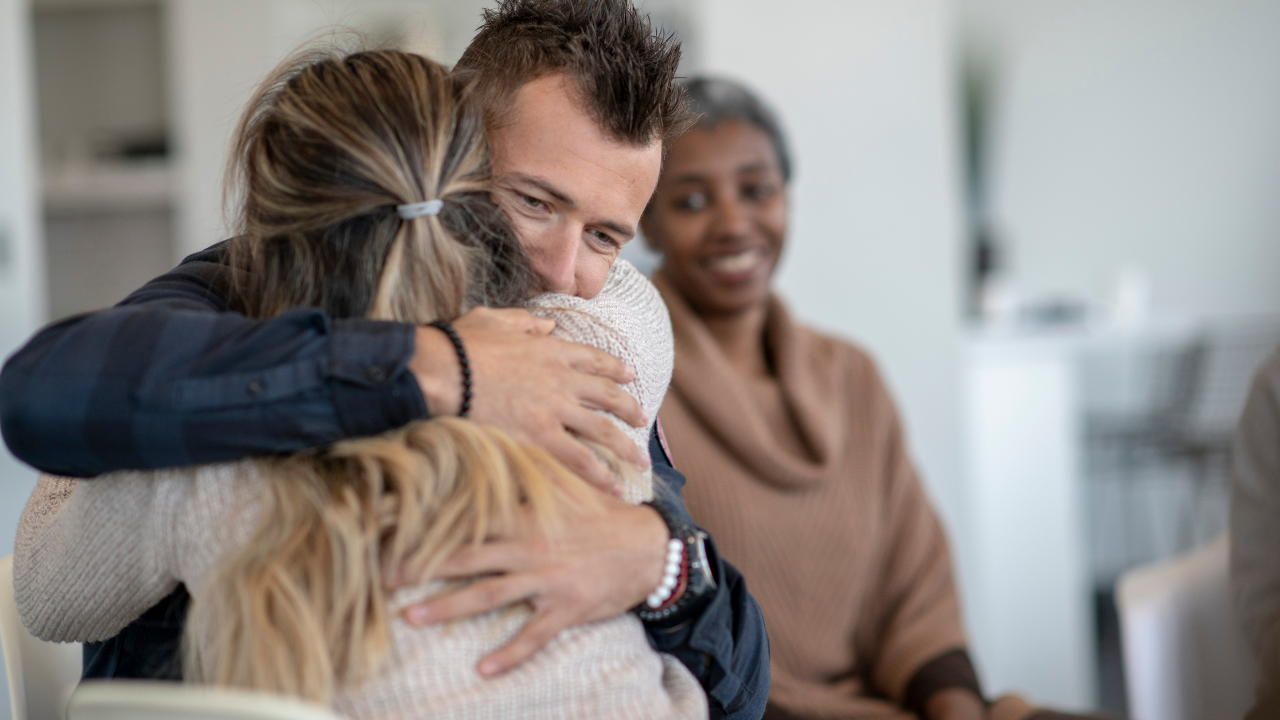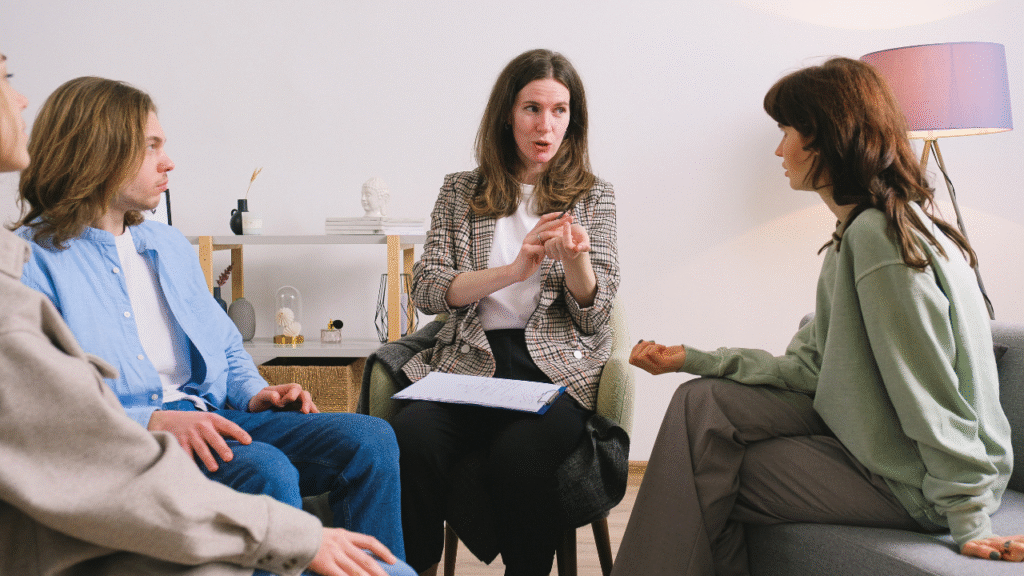7 Proven Opioid Addiction Treatment Tips for Young Adults
Facing opioid addiction as a young adult is like waking up in the middle of a storm—you feel lost, overwhelmed, and unsure which direction to move in. I’ve walked that path myself and later helped others find their way out of it. If you or someone you care about is struggling, I want to share seven proven opioid addiction treatment tips for young adults that can truly make a life-changing difference. This is more than advice—it’s experience, hope, and the beginning of a brighter chapter.
1. Choose a Treatment Center Specialized in Young Adults
Not all addiction treatment is created equal, and that’s especially true when it comes to age-specific care. Young adults face unique challenges—emotionally, socially, and developmentally. That’s why choosing a treatment program tailored for young adults is critical.
Facilities that cater to this age group understand the importance of restoring family connections, addressing trauma, and building independent life skills. When I chose a treatment plan crafted specifically with my age group in mind, I felt heard, understood, and valued.
At Transformations Care, the programs are built to meet young adults where they are—with therapy, recovery coaching, and peer support systems that speak directly to our stage in life.

2. Combine Medical Detox with Mental Health Support
Withdrawal is no joke—it can be dangerous and terrifying, especially without medical supervision. I chose a facility that offered medically supervised detox because my safety needed to come first. But detox is only the beginning. Opioid addiction doesn’t happen in a vacuum—it’s often tangled up with anxiety, depression, or trauma.
Combining opioid addiction treatment for young adults with dual diagnosis services helped me start healing from the inside out. According to the National Alliance on Mental Illness (NAMI), more than 60% of young adults with substance use disorders also have a co-occurring mental health disorder.
What to Look for in a Dual Diagnosis Program
- Licensed mental health professionals on-site
- Cognitive-behavioral therapy or DBT
- Medication management if needed
- Integrated care — not treated as separate issues
When I got help for both my addiction and my depression, I finally saw real progress.
3. Build a Strong Peer Support Network
Early recovery can feel isolating. But when I found peers around my own age in recovery, everything changed. Being able to talk with others who “got it” made me feel less alone. Group support is one of the most powerful elements of opioid addiction treatment for young adults. Whether it’s through residential rehab or outpatient groups, building a recovery tribe matters.
The National Institute on Drug Abuse emphasizes the importance of behavioral therapies and peer support in sustaining recovery. I joined a young adult recovery group, and soon they became my mirror, my support system, and my extended family.

4. Engage in Individualized Therapy that Matches Your Needs
Every person and every addiction journey is different, especially for young adults navigating identity, relationships, and future plans. I learned that cookie-cutter therapy wasn’t going to cut it. What helped me was a tailored mix of motivational interviewing, trauma therapy, and relapse prevention planning.
Transformations Care provides a variety of options like:
I worked through painful past experiences that had fueled my opioid use. Therapy wasn’t easy—but it was transformative. Young adults need someone who meets them where they are emotionally, not where they “should” be.
5. Don’t Overlook Family Involvement
Healing doesn’t happen in isolation—it’s a family affair. My recovery journey opened up incredible communication and healing between me and my parents. They joined in family therapy sessions and learned more about the disease of addiction and how to support recovery effectively without enabling.
Family education and involvement are key parts of opioid addiction treatment for young adults. What shifted for me was realizing that my support system only got stronger when we were all on the same page. The Substance Abuse and Mental Health Services Administration (SAMHSA) offers incredible resources for families learning how to support a loved one through recovery.
6. Embrace a Holistic Recovery Lifestyle
We’re not just healing bodies—we’re healing minds, souls, and spirits. I never thought I’d be journaling, doing yoga, or hiking as part of my recovery, but it saved me. Transformations Care offers holistic components such as:
These therapies helped me reconnect with myself and rethink what it means to live a fulfilling, sober life. If you’re a young adult in recovery, it’s not just about staying clean—it’s about building a life that makes you excited to wake up every morning.

7. Develop a Long-Term Aftercare and Relapse Prevention Plan
No one tells you that the real work starts after treatment ends. Having a detailed aftercare plan meant I wasn’t walking out empty-handed. Continued support is absolutely essential in opioid addiction treatment for young adults.
My plan included:
- Outpatient counseling
- Alumni meetings
- Weekly therapy check-ins
- SMART recovery groups
Don’t overlook relapse prevention. The CDC reports that continued follow-up after treatment significantly lowers relapse rates. Knowing relapse is a process—not a sudden event—gave me the tools to recognize the early warning signs and stay on track.
Key Takeaways
- Opt for addiction treatment programs specifically designed for young adults.
- Combine medical detox with mental health support for comprehensive healing.
- Create a strong peer support network through group therapy and recovery communities.
- Prioritize personalized therapy that focuses on trauma, identity, and motivation.
- Involve family in the healing process through education and therapy.
- Integrate holistic treatments like mindfulness, fitness, and creative expression.
- Commit to a long-term aftercare plan to




















